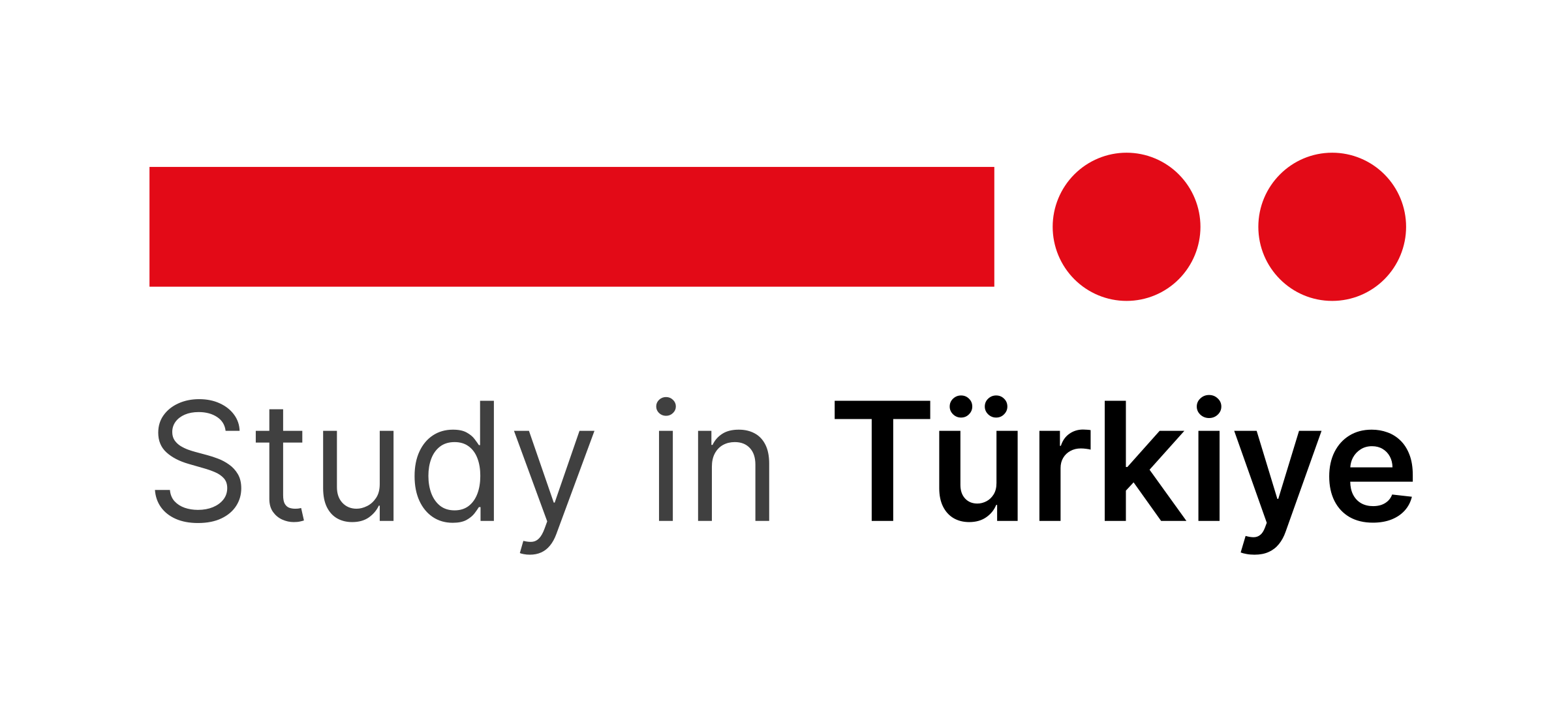Brief overview of the TUS Exam (Tıpta Uzmanlık Sınavı)
The TUS Exam, or Tıpta Uzmanlık Sınavı, is a crucial medicine specialty test for graduates aiming to specialize in various medical fields in Turkey. This highly competitive examination evaluates the knowledge and readiness of candidates to enter advanced specialty training. It is a cornerstone for those pursuing a career in medical education in Turkey.

What is the TUS exam?
The TUS Exam is an official assessment designed for individuals holding a bachelor in medicine or a bachelor of medicine and surgery degree. It determines eligibility for enrolling in specialty training programs at top universities in Turkey. The exam consists of two sections: the Basic Medical Sciences Test (Temel Tıp Bilimleri Testi) and the Clinical Sciences Test (Klinik Bilimleri Testi). This exam is a vital step for anyone wishing to study medicine abroad or specialize in the medical field.
Eligibility Criteria for the TUS Exam
To qualify for the TUS Exam, candidates must meet these requirements:
Medical Degree: A recognized bachelor of medicine and surgery degree.
Degree Recognition: International graduates should validate their degree with the Turkish Council of Higher Education (YÖK).
Language Proficiency: Fluency in Turkish is essential as the exam and training programs are conducted in the language.
Residency Permit: Non-Turkish nationals need a valid residency permit to apply.
Structure of the TUS Exam
The TUS Exam consists of two major sections:
Basic Medical Sciences Test: This part covers foundational subjects required to become a doctor, such as anatomy, physiology, pharmacology, and pathology. It accounts for 50% of the total score.
Clinical Sciences Test: This section includes practical and applied subjects like internal medicine, surgery, pediatrics, and obstetrics, contributing the remaining 50% of the score.
Both sections include multiple-choice questions designed to evaluate both theoretical and practical medical knowledge.
TUS Exam Schedule
The TUS Exam is conducted twice a year, typically in April and September. Registration opens several months in advance, and the dates are announced by the Student Selection and Placement Center (OSYM). Candidates interested in studying in Turkey should frequently check the OSYM website for updates.
How to Register for the TUS Exam
Create an OSYM Account: Register on the official OSYM platform.
Document Submission: Provide copies of your medical degree and related certifications.
Fee Payment: Pay the required fee online or through authorized banks.
Confirmation: Ensure your registration is successfully confirmed and retain the details for reference.
How to Prepare for the TUS Exam
Understand the Format: Familiarize yourself with the structure and topics of this medicine specialty test.
Enroll in Courses: Join preparation courses in medicine that focus on the subjects required for the TUS Exam.
Use Study Resources: Utilize TUS-specific materials and past exams for comprehensive exam preparation.
Practice Consistently: Regularly solve practice tests to improve accuracy and time management.
Collaborate: Group study sessions can help clarify challenging topics and improve understanding.
Career opportunities
Passing the TUS Exam opens the door to numerous specialties in medicine, including radiology, dermatology, and internal medicine. Graduates who complete their specialty training secure prestigious roles in hospitals, research centers, and private practices. With a medical degree recognized globally, those who study in Turkey can also pursue international opportunities.
FAQs
What is the TUS exam in Turkey?
The TUS exam, or Medicine Specialty Test, is a crucial examination in Turkey for medical graduates holding a Bachelor of Medicine and Surgery degree. This test determines their eligibility to specialize in a specific medical field. It is a vital step for those pursuing advanced courses in medicine in Turkey and is recognized by many top universities in Turkey.
What is the entrance exam for Turkey?
The main entrance exam for Turkey depends on the field of study. For those interested in studying medicine abroad in Turkey, the TUS exam is essential for specialization. Additionally, the YÖS and SAT exams are commonly required for international students aiming to enroll in universities in Turkey for international students, especially for a bachelor in medicine.
How many times can I retake the TUS exam?
There are no specific limits to the number of times you can retake the TUS exam. Candidates can attempt as many times as needed to achieve their desired score or specialty. This flexibility helps medical graduates improve their results and pursue their preferred specialties in medicine.
Are there special age requirements for the exam?
No, there are no strict age requirements to sit for the TUS exam. Applicants with a recognized medical degree or equivalent qualifications are eligible, irrespective of their age, to further their education in Turkey and specialize in the medical field.
Can I improve my grades?
Yes, candidates can retake the TUS exam to improve their grades and secure admission to more competitive specialties in the medical field. Effective exam preparation and utilizing study materials designed for the test can significantly enhance scores.
Is this exam open to foreigners?
The TUS exam is mainly for Turkish citizens, but candidates from other countries can also take it if they meet certain requirements. It’s a good idea to consult the official exam authorities to understand the rules for international applicants.
Study materials to prepare for the TUS exam?
Candidates preparing for the TUS exam should focus on specialized exam preparation materials, including comprehensive textbooks, online resources, and question banks. These materials cover subjects required to become a doctor and enable effective study for exams. Enrolling in TUS-focused courses in medicine is also a popular choice.
Names of specialties in English and Turkish
Names of specialties in English and Turkish – TUS test
| Specialty name in English | Specialization name in Turkish |
| Pediatrics | Çocuk Sağlığı ve Hastalıkları |
| Dermatology | Deri ve Zührevi Hastalıkları |
| Physical Medicine and Rehabilitation | Fiziksel Tıp ve Rehabilitasyon |
| Microbiology and Infectious Diseases | Enfeksiyon Hastalıkları ve Klinik Mikrobiyoloji |
| Pulmonology | Göğüs Hastalıkları |
| Ophthalmology | Göz Hastalıkları |
| General surgery | Genel Cerrahi |
| Internal Medicine | İç Hastalıkları |
| Women and childbirth | Kadın Hastalıkları ve Doğum |
| Ear, Nose, and Throat | Kulak Burun Boğaz Hastalıkları |
| Neurology | Nöroloji |
| Orthopedics and Traumatology | Ortopedi ve Travmatoloji |
| Radiology | Radyoloji |
| Cardiology | Kardiyoloji |
| Medical Microbiology | Tıbbi Mikrobiyoloji |
| Anesthesia and resuscitation | Anesteziyoloji ve Reanimasyon |
| Neurosurgery | Beyin ve Sinir Cerrahisi |
| Histology and Embryology | Histoloji ve Embriyoloji |
| Psychiatry | Ruh Sağlığı ve Hastalıklar |
| Urology | Üroloji |
| Forensic Medicine | Adli Tıp |
| Medical Pathology | Tıbbi Patoloji |
| Biomedical Chemistry | Tıbbi Biyokimya |
| Pharmacology | Tıbbi Farmakoloji |
| Medical Genetics | Tıbbi Genetik |
| Sports medicine | Spor Hekimliği |
| Child and Adolescent Psychiatry | Çocuk ve Ergen Ruh Sağlığı ve Hastalıkları |
Plastic, Reconstructive, and Aesthetic Surgery | Plastik, Rekonstrüktif ve Estetik Cerrahi |
What language is the TUS exam in?
The TUS exam is mostly given in Turkish, so it’s important for test takers to be proficient in the language to fully understand the questions and instructions
Can I take the TUS exam online?
Starting this year, the TUS exam is held in person at specific centers. Test takers should keep informed about any updates related to how the exam is conducted, particularly with the advancements in online testing technologies.
Read More About :
Your Study in Turkiye Assistant
Meet Mr.Sit Beta 2
Hello! I’m Mr. SIT, your AI guide designed to kickstart your educational journey in Turkiye! Whether you’re curious about universities, tuition fees, or anything else related to studying in Turkiye, I’m here to provide all the answers you need. Let’s explore your opportunities together!

